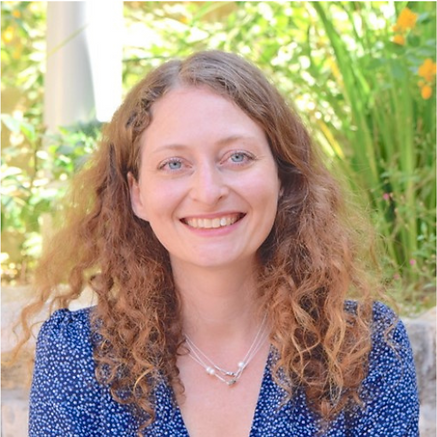Prof. Netta Barak-Corren

Prof. Netta Barak-Corren is a Professor of Law at the Hebrew University of Jerusalem and a member of the Federmann Center for the Study of Rationality. Her research focuses on empirical and behavioral analysis of constitutional and public law, with a particular interest in conflicts of rights and the interaction between law and religion and law and social norms. Most of her research is geared towards developing an empirical approach to constitutional law, and she recently won an ERC Starting Grant to develop this new approach. Prof. Barak-Corren received her LL.B. in Law and B.A. in Cognitive Science from the Hebrew University (Valedictorian and three-time recipient of the Albert Einstein and Rector awards), and then clerked for the Chief Justice of the Israeli Supreme Court, Hon. Dorit Beinish, and pursued doctoral studies at Harvard, graduating in 2016. In 2022-2023 she was the David R. Greenbaum and Laureine Knight Greenbaum Distinguished Visiting Professor of Law at Chicago Law School, a Visiting Professor of Law at the University of Pennsylvania Carey School of Law, and a Visiting Fellow at Edmund & Lily Safra Center for Ethics in Harvard. She is also a Nootbaar Religious Freedom Fellow at Pepperdine University School of Law. Starting September 2023, she will be a Law, Ethics, and Public Policy Fellow at Princeton’s University Center for Human Values.
Prof. Barak-Corren received research grants from the Israel Science Foundation, Israeli Democracy Institute, Barak Center for Interdisciplinary Legal Research, Cherrick Center for the Study of Zionism, the Minerva Center for Human Rights, the Sinclair Kennedy Fellowship, Harvard Program on Negotiation’s Next Generation Grant and Harvard’s Interfaculty Initiative on Mind, Brain, and Behavior, among others. Her Research Awards include the S.Z. Cheshin Young Scholar Award for Academic Excellence in Law, the Gorni Prize for an Outstanding Young Scholar in Public Law, the Birk Prize for Excellence in Legal Research, the Howard Raiffa Best Paper Award, the Fisher-Sander Best Paper Award, the Menachem Goldberg Best Paper Award, and Stanford’s International Junior Faculty Forum.